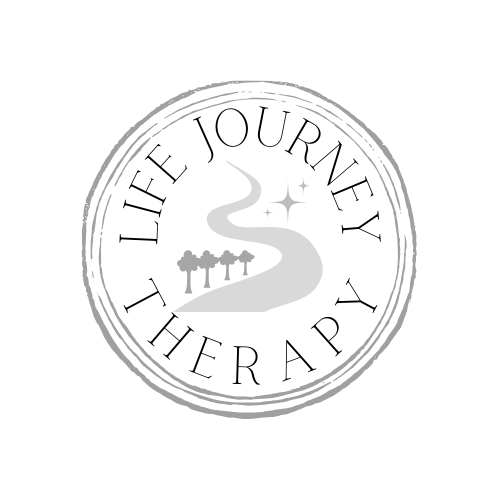
"Trauma creates change you don't choose. Healing creates changes you do choose." - Michele Rosenthal.
The word “trauma” can apply to any deeply distressing or disturbing experience. Trauma can include abuse or neglect in childhood, witnessing domestic violence, growing up in a home with a substance abusing or mentally ill parent, witnessing or experiencing an assault, divorce, or loss of a loved one. Common symptoms that people report when they’ve experienced traumatic life events are depression, anxiety, irritability, concentration problems, sleep difficulties or insomnia, feeling emotionally overwhelmed or emotionally numb, feeling shame or worthlessness, not trusting others or themselves, feeling as though their surroundings are surreal or that they are disconnected from their bodies in some way.
Sometimes, in an effort to avoid further harm, we develop adaptations that can cause us to unintentionally act out in the present the same behaviors that we believed kept us safe at the time of the trauma. This can lead to unintended consequences such as relationship problems, chronic “busy-ness,” isolation, feeling numb or shut down, or compulsive use of substances or behaviors to avoid being present. The ultimate goal is to integrate parts of self that are engaging in outdated systems of defensive action and leave you feeling more in control of your present situation.
What is EMDR?
EMDR is a powerful, evidence-based therapy for individuals seeking relief from trauma, anxiety, PTSD, and other emotional distress. It helps reprocess painful memories, reduce emotional reactivity, and promote lasting healing—so you can move forward with greater clarity, confidence, and peace of mind. Whether you're struggling with past experiences, chronic stress, or negative thought patterns, EMDR offers a path to meaningful and lasting change. Contact me to see if EMDR is right for you!
Watch this video about EMDR Trauma Therapy to start understanding how this treatment works.

